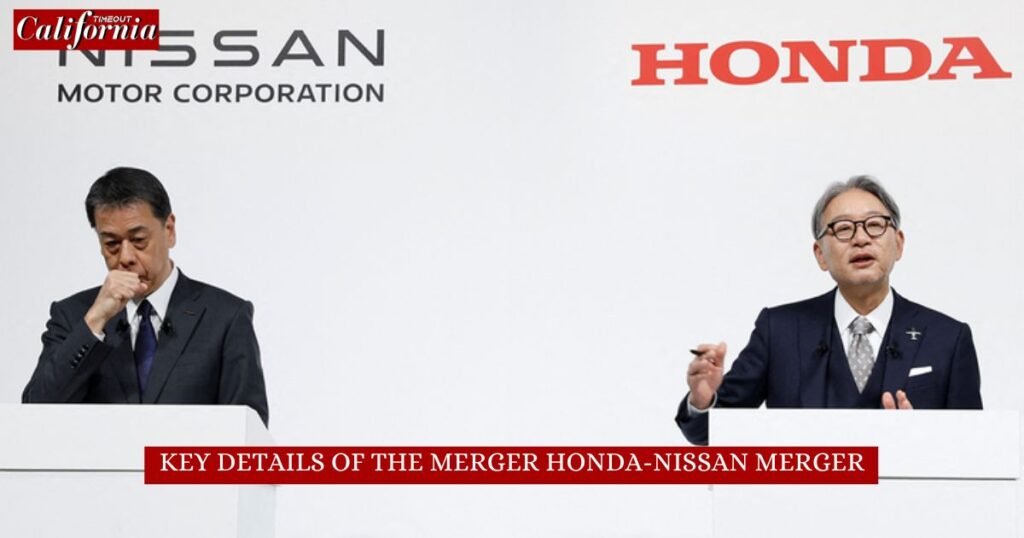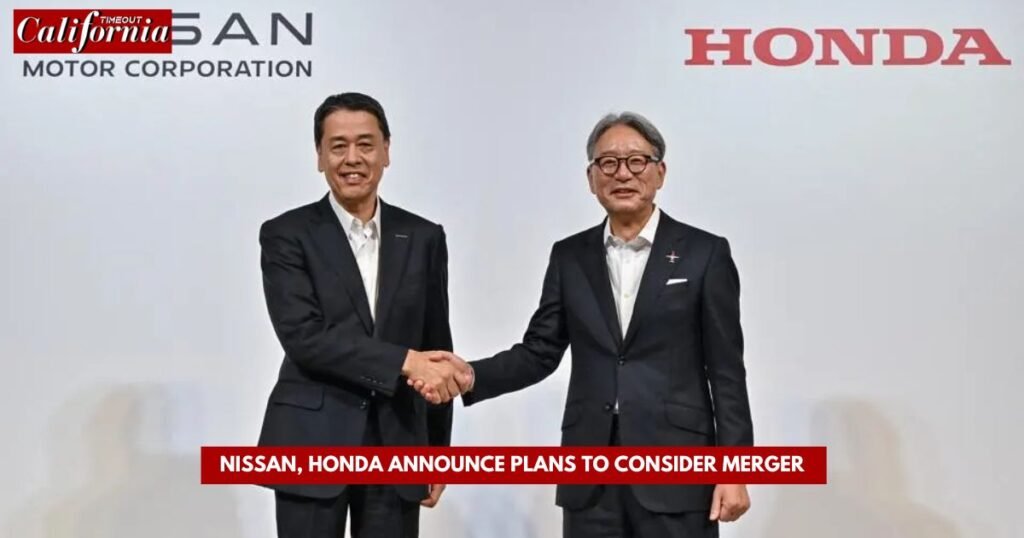Nissan and Honda to Consider Merger: A Game-Changer for the Auto Industry
Japanese automotive giants Nissan and Honda are in discussions to merge and establish a joint holding company. The merger could make them the world’s third-largest automaker, trailing only Toyota and Volkswagen.
The two companies aim to finalize their negotiations by June 2025 and form the holding company by August 2026, delisting both companies’ shares in the process.
Goals of the Honda-Nissan Merger
The proposed merger sets ambitious targets, including combined sales of $191 billion and an operating profit exceeding $19 billion. By uniting their strengths, Nissan and Honda aim to better compete with global electric vehicle (EV) leaders like Tesla and BYD.
In a joint statement, Nissan CEO Makoto Uchida expressed optimism about the merger’s potential, stating, “Together, we can create unparalleled value for customers worldwide.”
Similarly, Honda CEO Toshihiro Mibe highlighted the merger’s significance in navigating the automotive industry’s evolving landscape.

Implications for the Auto Industry
If completed, the merger will significantly alter the automotive landscape:
- Global Ranking: The merger would position Honda-Nissan as the third-largest automaker globally by vehicle sales.
- Electric Vehicle Leadership: The collaboration would strengthen their EV capabilities, helping them compete with Tesla and BYD.
- Innovation in Mobility: The partnership aims to create new mobility value by combining expertise in technology, electrification, and software-defined vehicles.
The companies have also agreed to widen their collaboration to include Mitsubishi Motors, further enhancing their reach and capabilities.
Key Details of the Merger
- Board Composition: The majority of the holding company’s board members will be appointed by Honda, reflecting its larger market capitalization of $40 billion compared to Nissan’s $10 billion.
- Focus on Electrification: The companies have already announced plans to jointly research next-generation software-defined vehicles and vehicle intelligence.
- Addressing EV Competition: By combining resources, the merger aims to tackle challenges posed by leading EV manufacturers, ensuring both companies remain competitive in the rapidly evolving auto market.

Why This Merger Matters for Consumers
For consumers, the Honda-Nissan merger could result in:
- Innovative Vehicles: Enhanced R&D efforts are expected to produce cutting-edge electric and software-driven cars.
- Cost Efficiency: Combined operations could lead to more affordable vehicles as production costs decrease.
- Global Reach: The merger will enable broader availability of new technologies across global markets.
Challenges Ahead
Despite the promising outlook, the merger faces significant challenges, including regulatory approvals and aligning corporate cultures. Both companies aim to finalize their business integration review by January 2025 to ensure a clear direction for the collaboration.
- Anastasiia Smelova: The Beauty Queen on a Mission to Uplift, and Unite Women Worldwide
- HELL’ YA, a song of ELUSIVE THUGS serves as a perfect example of Music with Meaning
- Egyptian-American filmmaker Peter Takla is set to Release his new film, “40 Days,” in theatres on May 30
- Autumn Brockman’s “ARock” Empowers the Beauty Industry
- Miss Universe Guyana organization appoints new Assistant Director Ivonn Novikova


